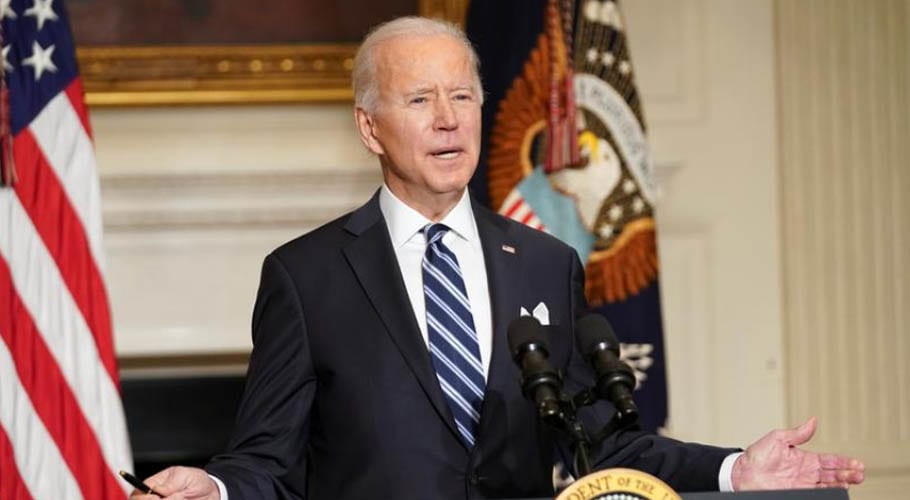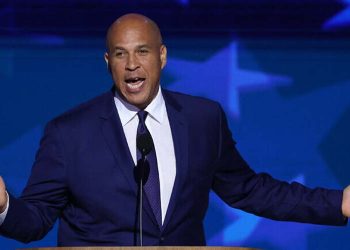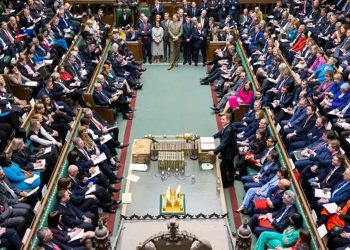WASHINGTON: President Joe Biden vowed the US would lead the world’s charge to confront the “existential threat” of the climate crisis, as he signed a raft of new orders and announced a global summit in April.
The measures included placing a hold on new oil and gas drilling on federal lands and offshore, as the leader of the world’s second-biggest carbon emitter began making good on his campaign pledges.
“We’ve already waited too long to deal with this climate crisis,” said Biden. “We can’t wait any longer. We see it with our own eyes, we feel it. We know it in our bones.”
“I’m signing today an executive order to supercharge our administration’s ambitious plan to confront the existential threat of climate change,” he continued, adding: “We must lead the global response.”
Biden has appointed former secretary of state John Kerry as his international climate envoy and said the US will host a Leaders’ Climate Summit on April 22, the fifth anniversary of the signing ceremony of the Paris agreement.
The US is expected to announce drastically increased emission goals at the meeting, with the domestic policy push required to get there led by environmental expert Gina McCarthy.
Kerry earlier said the US would be willing to work with China on climate negotiations, despite the two countries’ disagreements on other issues ranging from intellectual property theft to South China Sea tensions.
“Those issues will never be traded for anything that has to do with climate, that’s not going to happen. But climate is a critical standalone issue that we have to deal on,” he said.
Environmental groups applauded the administration for getting the ball rolling on its green promises. The headline domestic policy announcement was the pause on new federal drilling contracts, a politically explosive issue in the election campaign, particularly in the state of Pennsylvania.
Biden also made clear there would be no ban on fracking, which has made the US the world’s biggest producer of natural gas and is seen by some as a key transition energy despite its environmental harms.
Other steps include a pledge to conserve 30 percent of all federal land and water by 2030, and establishing climate considerations as an essential element of US foreign policy and national security.
The administration will also resurrect a presidential council of science advisors, and direct agencies to invest in areas with deep economic ties to fossil fuels, as well as assist communities disproportionately impacted by environmental harm.
A presidential memorandum on scientific integrity meanwhile directs agencies to make decisions guided by the best available evidence.
The federal actions are intended to complement a $2 trillion infrastructure plan the president is expected to pitch to Congress next month, which he promised would serve as the engine of future economic growth and “create millions of good paying union jobs.”
Climate groups also welcomed the decision to re-engage internationally, after climate-denying former president Donald Trump pulled the US out of the Paris agreement.
Environmentalists have called for the US to set a goal of reducing 2030 emissions by up to 50 percent compared to 2005, as a step towards net zero by mid-century. The proposals have triggered a backlash from the fossil fuel industry, which has deep ties in particular to the Republican party.



































